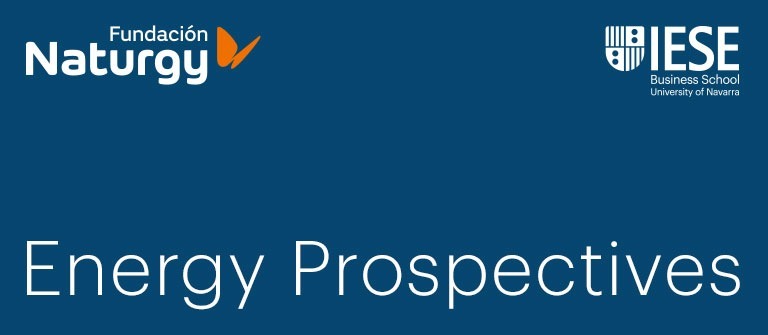
A series of top-level conversations on the economic, technical and scientific conditions anticipated in the future of the energy industry.
Energy Prospectives will bring together world figures recognized for their experience, vision and knowledge of the energy industry so they can share their expertise with business owners, regulators, senior managers and academics.
Due to exceptional health and safety measures, the conference will be online, exclusively by invitation
Claudia Escobar
IESE Industry Meetings
tel: +34 93 253 43 36
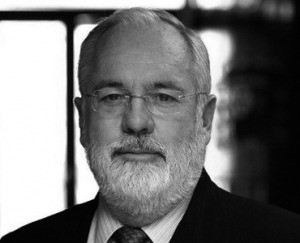
Speaker
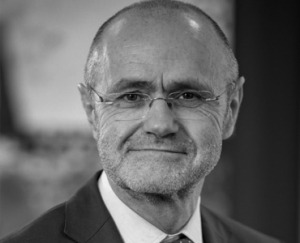
Speaker
| 09:15-09:30 | Opening
• Franz Heukamp, IESE Business School Dean |
| 09:30-10:15 | Europe and the Energy Transition
• Miguel Arias Cañete, European Commissioner for Energy and Climate Action from 2014 to 2019 |
| 10:15-11:00 | The Electric Sector in the Energy Transition. Regulatory Challenges
• Luis Atienza Serna, President, Argo Capital Partners. Former President, REE |
| 11:00-11:45 | Coloquium
Moderated by Prof. Juan Luis López Cardenete, IESE Business School |
| 11:45 | Closing
• Rafael Villaseca, President, Naturgy Foundation |
Simultaneous translation in English and Spanish in all sessions.
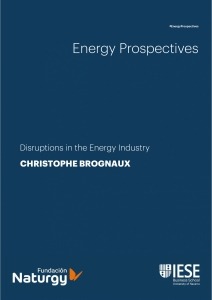
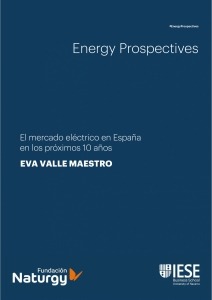
ANDRIS PIEBALGS
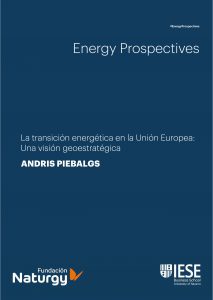
JORGE PADILLA
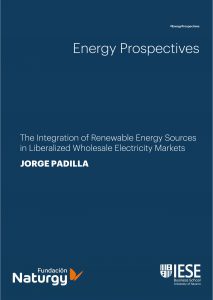
The Naturgy Foundation and IESE have launched Energy Prospectives, a series of top-level conversations on the economic, technical and scientific conditions anticipated in the future of the energy industry.
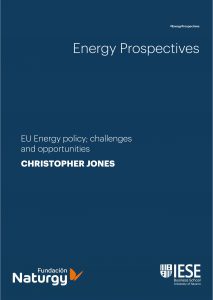
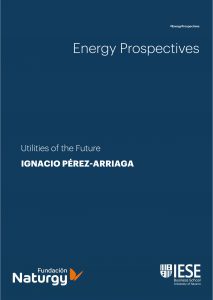
Will EU reach deep decarbonization goals? Energy Prospectives seminar maps out course for cutting emissions in Europe.
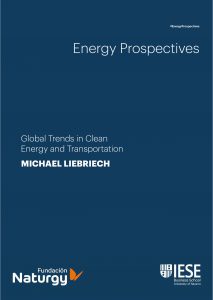
CLAUDIO ARANZADI
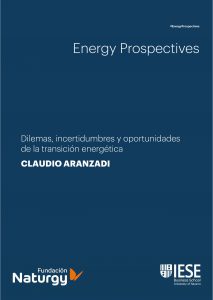
The Naturgy Foundation and IESE have launched Energy Prospectives, a series of top-level conversations on the economic, technical and scientific conditions anticipated in the future of the energy industry.
July 14, 2020 · Energy Prospectives – EP#4
October 15, 2019 · Energy Prospectives – EP#3
June 20, 2019 · Energy Prospectives – EP#2
March 14, 2019 · Energy Prospectives – EP#1
We have been thrust into the midst of one of those rare times in history when everything speeds up and changes. We were dealing with one set of challenges when a completely unexpected predicament arose that demanded an immediate response, and we know it will have long-lasting effects.
With all this uncertainty, there are a few things we can be sure of: when all this is over, we will be much poorer than we are now, the priorities of society will have changed, and we may become less united and defend different opinions on decisive matters we previously agreed on. Another reason for concern is the lack of leadership shown by the United States in the G7 and by the European Union in the G20, not to mention the lack of initiative displayed by multilateral institutions. Hard times are on the way.
Europe: Our Big Chance
However, despite all the setbacks, the major opportunity this crisis offers should not be overlooked: the chance to make real progress on the consolidation of the European Union based on solidarity, with a consensual agreement on reconstruction, in which the energy transition and the European Green Deal are given fast-track treatment. However, in its move forward, this new European Union must also implement strict, credible tax control and address the rebuilding of Industry 4.0 by taking advantage of the geographic reconfiguration of value chains we seem to be invariably heading for. It will be impossible to implement this “new economy” without taking a very serious approach to education at all levels, science and research.
The Post-COVID Energy Transition
But another factor relates to the very nature of this energy transition, which aims to go much further and get there sooner than current technology and the market can take us on their own.
We want to implement this energy transition in an attempt to avoid the destructive effects of climate change. But this worthy cause should not be confused with the process currently being implemented, which is a different one. For now, this process will involve net consumers of abundant resources. Will these resources be available as long as the transition lasts? Will there be a trade-off with other social needs that are also priorities?
Current and Future Drivers of Decarbonization
Fortunately, various technologies for reducing carbon dioxide emissions are making progress based on their own commercial merits (wind and solar photovoltaics, among others). Cost reductions and functionality improvements in energy-dense storage are also a source of hope for the near future and are expected to make a decisive contribution to solve challenges such as light-vehicle transport. Green and blue hydrogen will make major inroads when large-scale installations are feasible and the state of the art has moved forward enough for carbon to be replaced in the manufacture of basic materials. Finally, energy efficiency, along with associated technologies, presents the best tool within our reach for leveraging decarbonization, although the scarcity of successful business models and lack of signs in the form of prices, taxation and regulation are hampering our ability to reap all the benefits of this enormous potential.
More Science and Technology, Please!
Yet this progress is accompanied by unsolved challenges, such as the decarbonization of air, sea and land transport, specific industries (e.g., steel, cement, aluminum and glass), and agriculture, where technologies to make this possible are still lacking. Substantial advances must be made in science and technology before our goals about handling these challenges can be considered viable.
Transitional Governance: State and Market, Means and Ends
In light of the above, there is still one question left unanswered: an effective decision has not been made about the type of governance that will be entrusted with addressing the enormous challenge of decarbonization. Should it be the job of the State or the market? Or should each one handle the aspects it is most suitable for?
It’s not a question of repeating our short-term goals, but figuring out how we can achieve them by consuming fewer resources, reaping greater benefits from technological/industrial progress and doing it more effectively. And this must be achieved with a far-reaching vision that encompasses all the links in the value chain.
The plan for European reconstruction provides a good opportunity to strategically address this matter and prepare an in-depth economic analysis of the ability of the different options to meet specific decarbonization goals. The plan should also provide a chance to address other unfinished business of great importance, such as comprehensive reform of environmental taxation to send a clear message about the decarbonization process, a profound reflection on the implications all this has on our strong automotive industry, and a plan to review the needs of our hydro facilities and the unused potential of pumped-storage hydroelectricity.
Economic Efficiency of the Transition
The current and post-COVID contexts are and will continue to be a highly complex management conundrum. Social, health and economic stakeholders with heavy debts and nerves on edge will be thrown together and will require close supervision.
Economic efficiency should enable them to regain their natural position of prominence. Analysis must be done to determine which option consumes the least resources. Traditional concepts such as economies of scale, sequence, scope and learning should be used as a guide when making decisions about decarbonization. Resources should always be allocated to decarbonization based on objective award criteria. The same goals, but with different policies.
Will the rest of the world join us? We will have a first session on December 3 and a second on February 10 and 11, 2021.
Claudia Escobar
IESE Industry Meetings
tel: +34 93 253 43 36
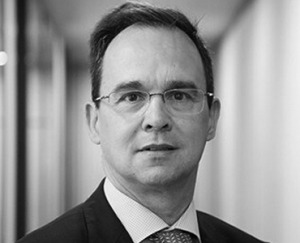
Coorganizer
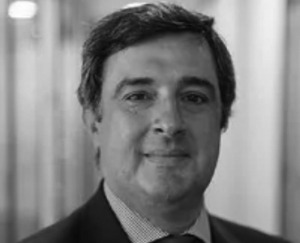
Speaker
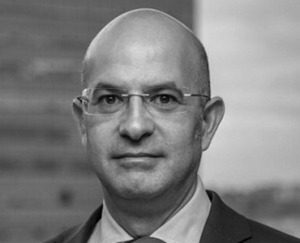
Speaker
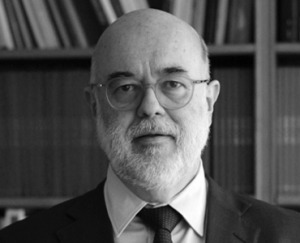
Speaker
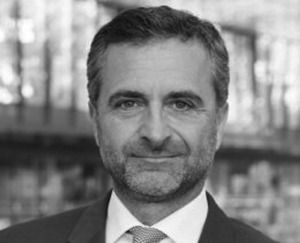
Speaker
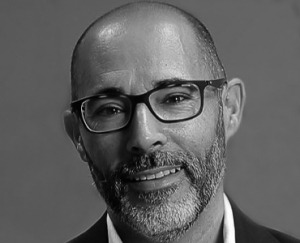
Speaker
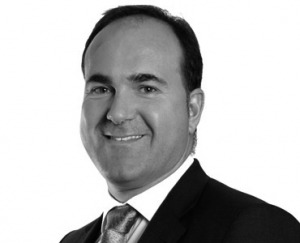
Speaker
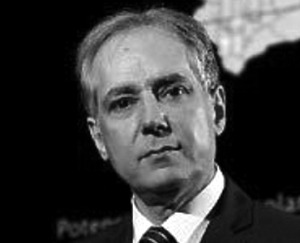
Speaker
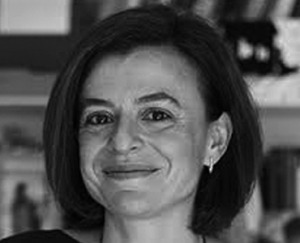
Speaker
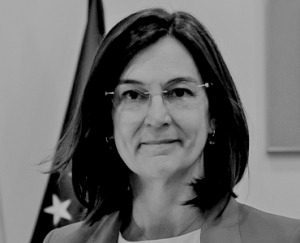
Speaker
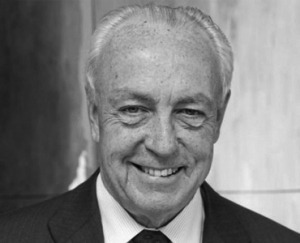
Speaker
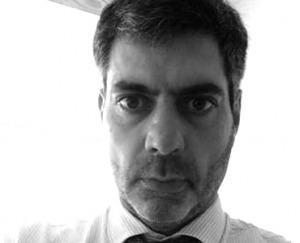
Speaker
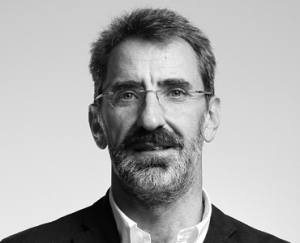
Speaker
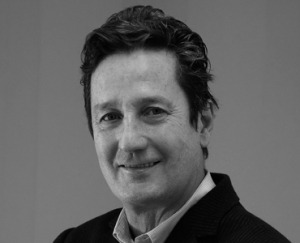
Speaker
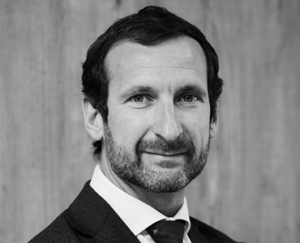
Speaker
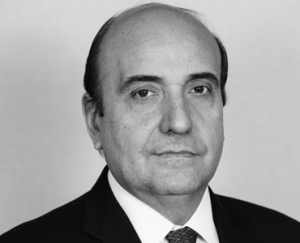
Speaker
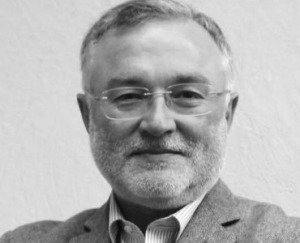
Speaker
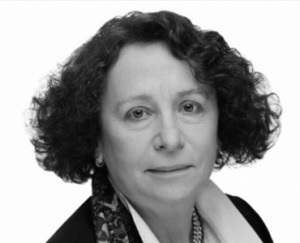
Speaker
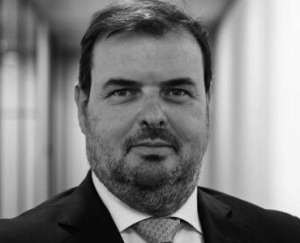
Speaker
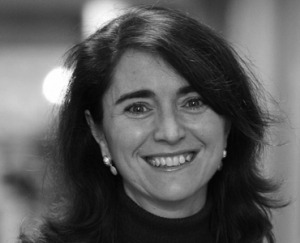
Speaker
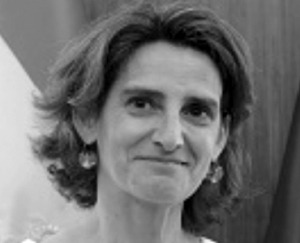
Speaker
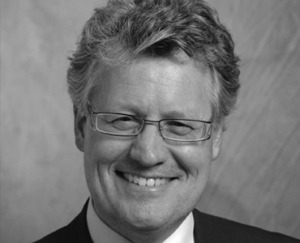
Speaker

Coorganizer
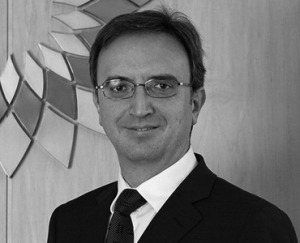
Speaker
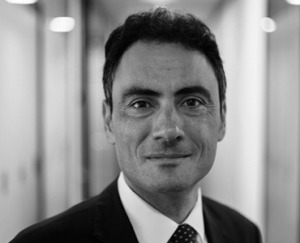
Speaker
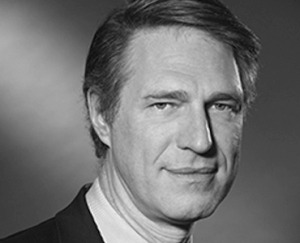
Speaker
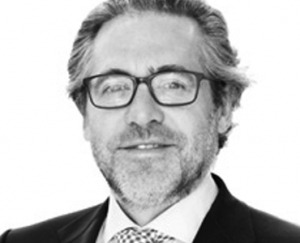
Speaker
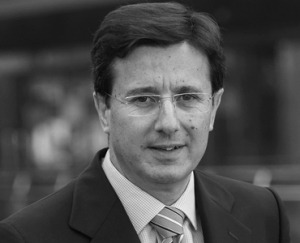
Speaker
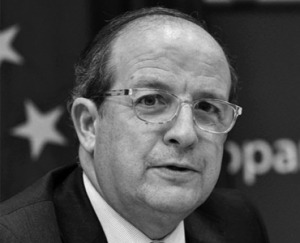
Speaker
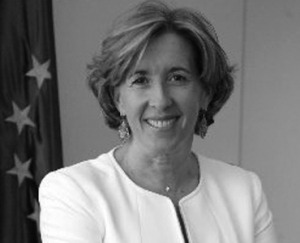
Speaker
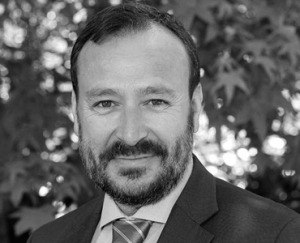
Speaker
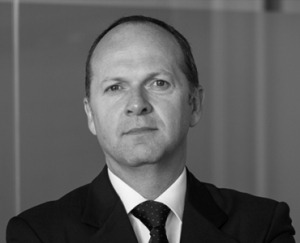
Speaker
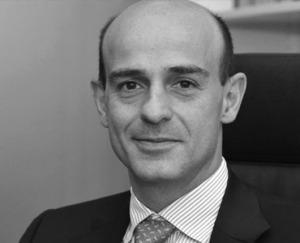
Speaker
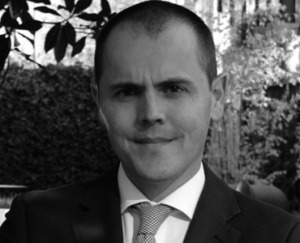
Speaker
Agenda – Wednesday, February 10, 2021 CET
| 15:30 | Welcome
• Prof. Juan Luis López Cardenete, Academic Director of the Meeting, IESE Business School |
| 15:30-16:30 | Conversation and Reflections on the Energy Transition in the Current Context
• Teresa Ribera, Deputy Prime Minister and Minister for the Ecological Transition and Demographic Challenge of the Spanish government Moderators: |
| 16:30-16:40 | Break |
| 16:40-17:30 | The Post-Covid Energy Transition: Same Goals, Different Policies and Regulatory Challenges
• Prof. Natalia Fabra, Full Professor of Economics, Universidad Carlos III de Madrid Moderator: Prof. Juan Luis López Cardenete, Academic Director of the Meeting, IESE |
| 17:30-17:40 | Break |
| 17:40-18:50 | The Impact of the Recovery Plan, Climate Change and SDGs on Investors and Investors’ Role in Business Strategies
• Jorge Barredo, Managing Director of Renewable Energy, New Business and Innovation, Naturgy Moderator: Jaume Pujol, Partner, Deloitte |
| 18:50-19:00 | Break |
| 19:00-19:45 | Electricity storage and renewables integration: Options, functionality, costs and regulatory signals for deployment
• Gianluca Caccialupi, Head of Infrastructure and Networks Iberia, ENDESA Moderators: |
Agenda – Thursday, February 11, 2021 CET
| 09:00-10:00 | Current Reflections on Markets and Competition
• Cani Fernández, President, National Commission for Markets and Competition Moderator: Prof. Juan Luis López Cardenete, Director Académico del Encuentro, IESE |
| 10:00-10:10 | Break |
| 10:10-11:30 | Alternative Renewable Technologies and Vectors (I): Hydrogen and Industry
Keynote speaker: Moderator: Alberto Amores, Partner, Deloitte |
| 11:30-11:45 | Break |
| 11:45-12:45 | The Post-Covid World: Global Risk and the Energy Industry
• Carlos Gascó Travesedo, Senior Advisor. Energy Policy and Strategy, Chairman’s Office and Former Energy Policy Executive Director, Department of Energy, Government of Abu Dhabi, UAE Moderators: |
| 12:45-12:55 | Break |
| 12:55-13:40 | Alternative Renewable Technologies and Vectors (II): Offshore Wind Energy
• Pablo Collado, Global Business Development VP, Iberdrola Moderator: Felipe Requejo, Deloitte Spain, and Coorganizer of the Meeting |
| 13:45 | Closing
• Prof. Juan Luis López Cardenete, Academic Director of the Meeting, IESE Business School |
There will be simultaneous translation Spanish – English
Agenda December 3, 16h – 19.30h
Recovery Plan for Europe: Energy transition and Sustainability as key factors for economic transformation and recovery
| 15:50-16:00 | Opening Session
• Prof. Juan Luis López Cardenete, Academic Director of the Meeting, IESE Business School |
| 16:00-17:00 | Panel I
• Daniel Calleja, Director-General Legal Service, European Commission Moderator: Prof. Juan Luis López Cardenete, IESE Business School |
| 17:00-17:10 | Break |
| 17:10-18:10 | Panel II
• Ángel Bautista, Director of Institutional Relations and Regulatory Coordination, Repsol Moderators: |
| 18:10-18:20 | Break |
| 18:20-19:20 | Panel III
• Luis Aires, President, BP Spain Moderator: Oliverio Álvarez Alonso, Partner, Deloitte |
| 19:20 | Closing
• Prof. Juan Luis López Cardenete, Academic Director of the Meeting, IESE Business School |
Sessions will be in Spanish
The second session for the 18 IESE Energy will be in an online format on February 10-11, 2021.
The registration fee is:
In the event that we are able to combine it also in a face-to-face format,
we will communicate this in due course with the appropriate health conditions and protocols.
Payment must be made prior to program attendance.
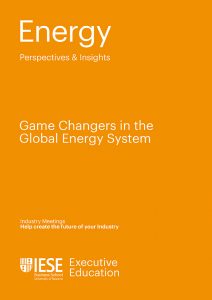
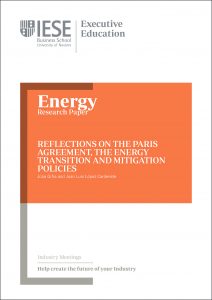
2020 · An Industry in Transition
2019 · Dimensions for an Effective Energy Transition
2018 · Game changers in the Global Energy System
2017 · Energy Architecture in Transition
2016 · Human Well-being, Growth and Energy Access: New Governance for a Unique Challenge
2015 · The Future of Energy: Who Calls the Shots?
2014 · Quo Vadis, Europe? Shedding Light on an Energy Policy beyond the Electrical Sector Reform
2013 · A New Energy Policy as a Global Paradigm Shift Emerges
2011 · The Impact of the Energy Policy on the Sector’s Competitiveness
2009 · A Debate on the Spanish Energy Sector
2004 · Energy Liberalization and Consolidation in Europe
2002 · A Shift Towards the Convergence of Energy Markets
2000 · Mergers and Strategic Alliances: The Creation and Conquest of the Future
Everyone is talking about the new normal, but few mention the need to adapt. Adaptive capacity is now more necessary than ever. Rather than create their own trends, major crises usually accelerate preexisting ones to produce an environment of rapid change. These changes affect all sectors of activity, especially real estate. How we live, work and shop is being questioned, along with our right to travel for pleasure (to mention the most obvious changes). And all this affects the spaces people use.
We are now forced to work in two different time frames. We have to adapt the company to short-term conditions while guaranteeing its continued solvency and responding to the needs of all stakeholders. At the same time, we must ensure feasibility in the medium and long term by anticipating the extent and direction of change.
The companies that survive will know how to adapt to changes in social and business habits and practices, the end of the pandemic, economic recovery, the energy transition, digital transformation, the political context and EU funds.
| 09:00-09:15 | Opening
• Prof. José Luis Suárez, Academic Director of the Meeting, IESE Business School |
| 09:20-10:15 | Building Resilient, Sustainable Cities
• Juan José Brugera, Chairman, Inmobiliaria Colonial SOCIMI Moderator: Susana Rodríguez, Chief Commercial Officer & Head of Consultancy, Savills Aguirre Newman |
| 10:20-11:15 | Key Points for Relaunching Tourism
• Mª Jesús López Solás, Chief Commercial, Network Development & Alliances Officer, Iberia Moderator: Ignacio Martos, Chair, Tinsa |
| 11:15-12:00 | Coffee-Break |
| 12:00-12:35 | Colloquium: Designing Smart Cities for People
• Rafael de La-Hoz, Architect |
| 12:40-13:35 | Investor Challenges and Financing Opportunities
• Ismael Clemente, CEO, Merlin Properties Moderator: Prof. Carles Vergara, IESE Business School |
| 13:40-14:15 | Closing
• Mr. José Luis Martínez-Almeida Navasqüés, Mayor, Madrid Local Government Moderator: Prof. José Luis Suárez, IESE Business School |
Online & On Campus – Madrid New Campus
Claudia Escobar
IESE Industry Meetings
tel: +34 93 253 43 36
The 7 Real Estate Meeting will be held on IESE’s new campus in Madrid and it will also be possible to participate online.
The number of participants on campus will be limited due to Covid restrictions, so we encourage to register as soon as possible.
Online: €100
On Campus: €750
Online: €100
On Campus: €700
Online: Free
On Campus: €500
Payment must be made prior to program attendance.
2020 · Real Estate in a Changing Society
2019 · The New Normal in Real Estate
2018 · Where Are We in the Real Estate Cycle
2017 · Real Estate and Society
2016 · The Renovation of the Real Estate Industry in Spain


